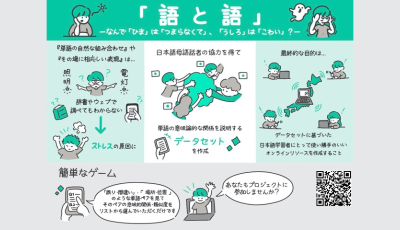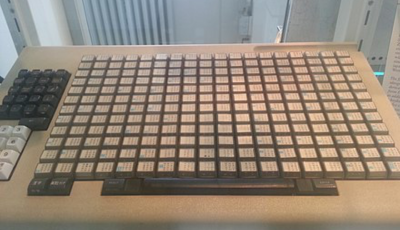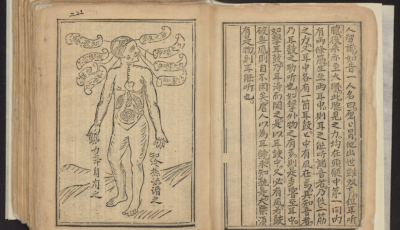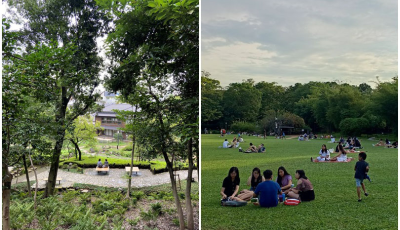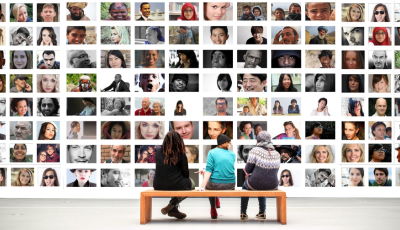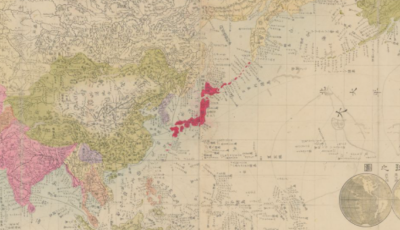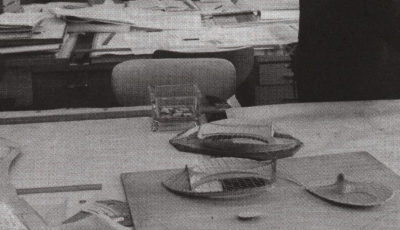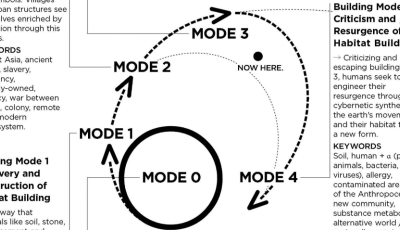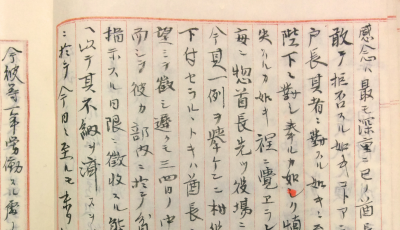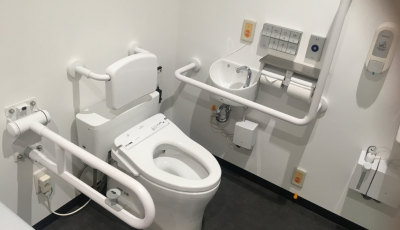Politics and Prosthetics: A History of Disability in Modern Japan
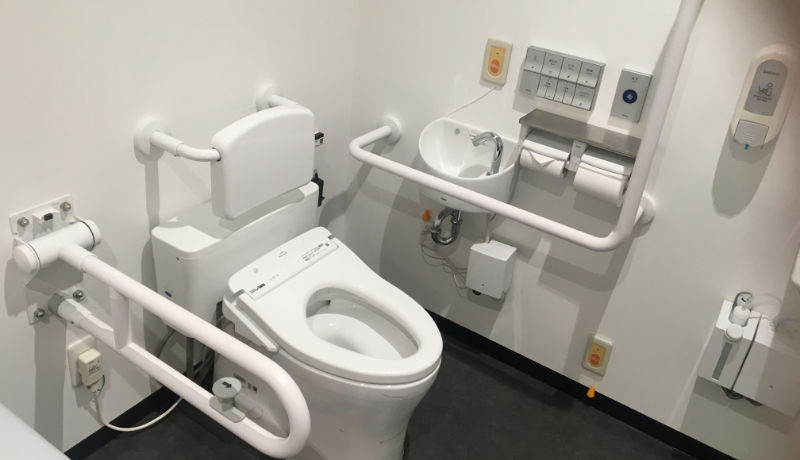
This project investigates why attempts by activists and policymakers to improve accessibility for diverse demographics of disabled people in Japan over the last one hundred and fifty years have not always aided impaired individuals and often excluded as many populations as they empowered. To identify which populations of disabled people have been privileged with accessibility and why, I analyze government records, news media reports, and documents from advocacy organizations using approaches from history, anthropology, sociology, political science, law, and media studies.
My evidence suggests that economic pressures tied to macrosocial processes like industrialization, urbanization, militarization, democratization, and ageing have played a critical role in shaping the politics of accessibility in modern Japan as they have led architects, engineers, educators, and other stakeholders to focus on the needs of persons with diverse impairments at different points in time. Equally influential have been international flows of information, materials, and people working in the disability welfare sphere, which have inspired Japanese politicians to pursue domestic reforms.
My project illustrates why scholars of Japan must explore technologies created by and for disabled people to fully appreciate numerous aspects of the country’s culture, ranging from military actions and modes of governance to marketplace and material innovations. It also explains why academics interested in issues of equity, access, and social justice in places like the United States and Europe must strive to investigate the history and politics of disability in Japan. Why does Japan matter? Because Japan has the third largest economy and fastest ageing population in the world. Interested parties often export the nation’s assistive technologies overseas, and its access-making activities have served, and likely will continue to serve, as models to emulate and avoid for other countries.
A descriptive project with prescriptive implications, this work mobilizes history to influence policy by asking stakeholders to consider who has a seat at the table, how they come to be there, and what they fail to imagine when making accessibility measures. By unpacking the politics of accessibility for disabled individuals in Japan’s past and present, this project helps to create an inclusive future.
Related Publications
“Creating ‘Disability Publics’ in Postwar Japan (1937–1957),” Journal of Japanese Studies, Vol. 50 No. 1 (2024). [Accepted for Publication] “Can the Tokyo 2020 Paralympic Games Spur Change?” The Japan Times (September 6, 2021). “The Coronavirus Crisis: Disability Politics and Activism in Contemporary Japan,” Japan Focus: The Asia–Pacific Journal, Vol. 18 No. 3 (2020), pp. 1–13.




